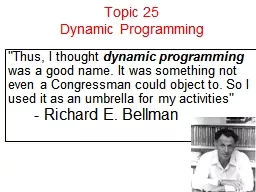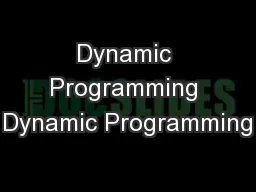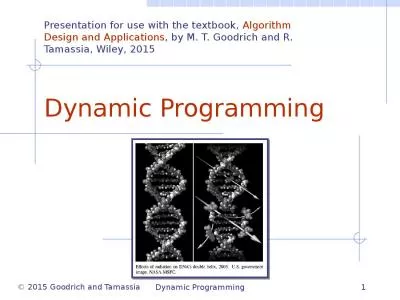PPT-Dynamic Software Updates: The State Mapping Problem
Author : min-jolicoeur | Published Date : 2016-10-31
Rida A Bazzi Kristis Makris Peyman Nayeri Jun Shen ARIZONA STATE UNIVERSITY The Software Update Problem Replace an old version of an application with a new
Presentation Embed Code
Download Presentation
Download Presentation The PPT/PDF document "Dynamic Software Updates: The State Mapp..." is the property of its rightful owner. Permission is granted to download and print the materials on this website for personal, non-commercial use only, and to display it on your personal computer provided you do not modify the materials and that you retain all copyright notices contained in the materials. By downloading content from our website, you accept the terms of this agreement.
Dynamic Software Updates: The State Mapping Problem: Transcript
Download Rules Of Document
"Dynamic Software Updates: The State Mapping Problem"The content belongs to its owner. You may download and print it for personal use, without modification, and keep all copyright notices. By downloading, you agree to these terms.
Related Documents














